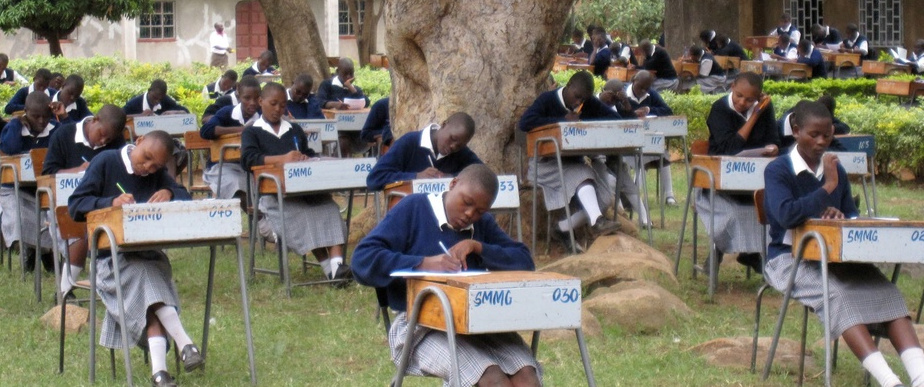
The Tatwa-Maahe Educational Trust is a small charity established in 1991 to support education among the Kuria of South-West Kenya. The area is remote and still largely undeveloped. Though much has changed in the last 25 years and educational levels are improving, the need is still great.
Families struggle to gain a livelihood from smallholder agriculture. Secondary school fees, currently around £400 a year, are out of reach for most. With money scarce, boys are given preference over their sisters. It is here that the Trust steps in, spending the greater part of its income on bursaries to help bright girls from impoverished families to complete their secondary education. We provide between 25 and 35 such bursaries a year.
Over the last ten years, the results of our students have steadily improved. Many are now qualifying for entry to University. Between 2012 and 2017, 13 of our students obtained degrees and 17 were currently at University. Since then, most of our students who complete Secondary School aim to continue to University. Where funds allow, we try to give ‘hardship’ grants to those in greatest need.
We believe that educating girls has a transformational value that goes beyond the education of an individual.
How we operate
From its early days, TMET has worked closely with local people to identify those in need of help. We work in partnership with local self-help groups who identify girls in need and recommend them to TMET for support. Working with local groups has a number of benefits: it ensures that our objectives and those of the local community are kept in tandem, provides a viable means of selecting recipients of our bursaries and minimises administrative expenses.
Administrative Costs
Our administrative costs in UK are minimal as the Trust is run by volunteers. We have no overheads and our only significant UK expense is the cost of biennial airfares to Kenya. These have been paid by a special fund set up and contributed to by trustees. Other travel and living expenses in Kenya are met by the visiting trustees. Thus, 98% of our income is sent to Kenya. Here again our administrative costs are low as we work with local volunteer self-help groups.
